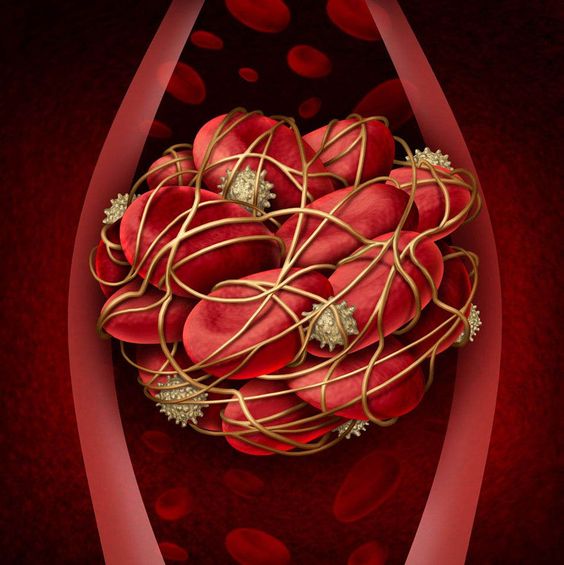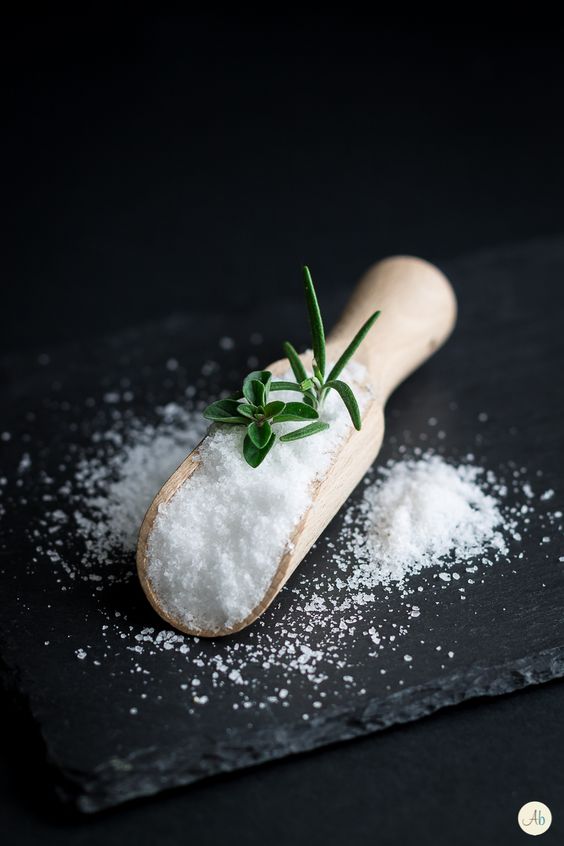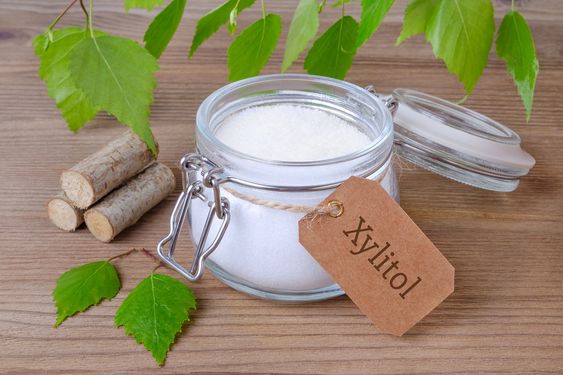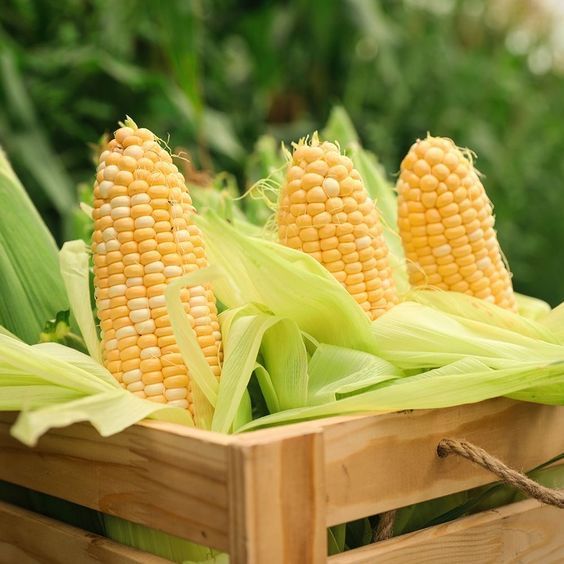Zero-calorie or low-calorie sweeteners are very popular with people undergoing weight loss, following strict regimes, or simply having a sweet tooth. Lately, senior study author Dr. Stanley Hazen, director of the Center for Cardiovascular Diagnostics and Prevention at the Cleveland Clinic Lerner Research Institute, has found out that xylitol (a low-calorie sweetener used in many reduced-sugar foods) may double the risk of heart attacks, strokes, and death in people who consume the highest levels of the sweetener.
Might cause worrisome blood clots

“The new study on xylitol shows the differences in platelet behavior in a person after consuming a modest quantity of xylitol in a drink in real life,” said Dr. Matthew Tomey, a cardiologist who is also an assistant professor of medicine at the Icahn School of Medicine at Mount Sinai Fuster Heart Hospital in New York City.
Erythritol- another low calorie sweetner

In 2023, the same researchers found similar results for erythritol, another low-calorie sweetener, which is used as a bulking sugar in monkfruit, stevia, and keto- reduced-sugar products.
Additional lab and animal research presented in both papers revealed that erythritol and xylitol may cause blood platelets to clot more readily. Clots can break off and travel to the brain, causing a stroke, or to the heart, triggering a heart attack.

“These experiments are interesting but alone do not prove that platelet abnormalities are to account for a linkage between xylitol and clinical events,” said Tomey who was not involved in the study.
“Humankind has not experienced levels of xylitol this high except within the last couple of decades when we began ingesting completely contrived and sugar-substituted processed foods,” he added.
According to a recent prediction by the American Heart Association, around 61% of adults in America will have cardiovascular disease by 2050.

Dr. Andrew Freeman, director of cardiovascular prevention and wellness at National Jewish Health in Denver, said that reducing blood clotting is a key treatment used by cardiologists; therefore, additional clotting in platelets is a bad sign. He further explains, “When someone has a heart attack, we give them aspirin or drugs like clopidogrel, or Plavix, to counter platelet activity, but these sugar alcohols1 appear to be enhancing platelet activity, which is concerning.”

“It is better to switch to water, with a close second being unsweetened tea or coffee,” said Freeman, who was not associated with the new research.

President of the Calorie Control Council, Carla Saunders, told CNN that the study results “are contrary to decades of scientific evidence substantiating the safety and efficacy of low-calorie sweeteners such as xylitol by global health and regulatory agencies. These findings are a disservice to those who rely on alternative sweeteners as a tool to improve their health.”
What is xylitol?

Xylitol (sugar alcohol) is a carbohydrate found naturally in foods such as eggplant, mushrooms, cauliflower, lettuce, spinach, strawberries, plums, and raspberries. However, a very small amount of xylitol is found in such natural sources.
As sweet as sugar with less than half the calories, xylitol is often used in sugarless chewable vitamins. breath mints, gum, mouthwash, toothpaste, and cough syrup. It is also added in larger quantities to candy, cake mixes, baked goods, ketchup, barbecue sauces, puddings, peanut butter, pancake syrup, and more.

Senior study author Dr. Stanley Hazen, director of the Center for Cardiovascular Diagnostics and Prevention at the Cleveland Clinic Lerner Research Institute, shares, “If you actually do the calculation, it takes a tonnage of fruit to be equivalent to one diabetic cookie that can have like nine grams of xylitol, which is a typical label amount,” he said. “It would be like eating salt at the level of a salt lick.”
Why is Xylitol used as a sugar substitute?
Exposure to sugar substitutes has increased over the last two decades, Hazen said, because the US Food and Drug Administration recognizes sugar alcohols as GRAS, or “Generally Recognized As Safe.”

“Xylitol is cheaper to make than cane sugar, and so more and more keeps getting incorporated as a sugar substitute into food. Some 12-ounce drinks that use xylitol as a major artificial sweetener can contain 30 grams or more; you can even buy it in bulk at the grocery store, where you’re told to use it as a one-to-one substitute for sugar in home cooking.”
Xylitol vs Glucose

To monitor how high the level of xylitol could get in person, healthy volunteers were given a typical drink containing xylitol, and the levels of xylitol increased 1,000-fold. On the other hand, when eating sugar, the level of glucose may go up 10% or 20%, but not up to 1,000-fold.” According to Dr. Stanley,
How Xylitol is produced commercially?
For commercial use, however, xylitol is made from corncobs, birch trees, or genetically engineered bacteria.



“It’s sold as a so-called natural sweetener, and because xylitol doesn’t spike blood sugar levels, it’s also marketed as low-carb and keto-friendly,” Hazen said.
‘Many professional associations also recommend xylitol as a sugar substitute for patients with obesity, diabetes, or prediabetes to improve glycemic control”, he added.

“Studies conducted over the years have revealed that certain artificial sweeteners may create backlash for the metabolic system, prompting the body to consume more calories, and making weight loss more challenging. Yet people at risk for diabetes are among the most vulnerable to clotting events,” he said. “We’re targeting the wrong people.”
Time to Reflect
Images Source: Pinterest.com
Info Credits: cnn.com
- Sugar Alcohol: Natural sweeteners found in fruits and vegetable and have about half the calories of regular sugar ↩︎

